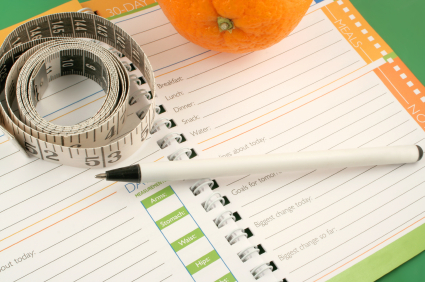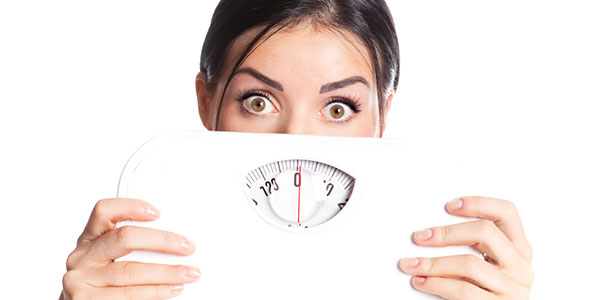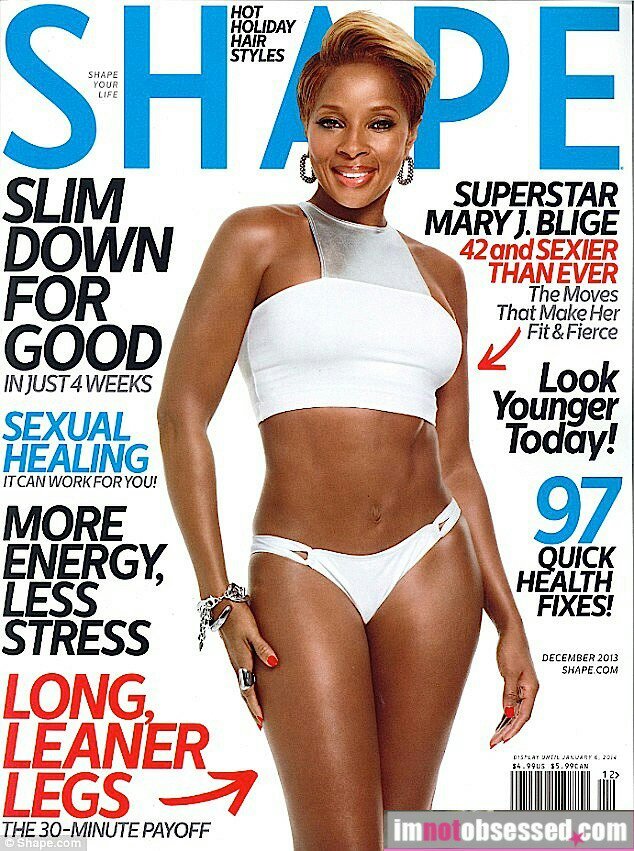How Cheating Can Help You Succeed
First of all, the idea of cheating implies that certain foods are off-limits or should be demonized. What's important to remember is that a healthy diet is comprised of many different foods. Really, there are no "good" or "bad" foods, and nothing should be off-limits. Certainly there are specific foods that we want to choose less or more often, but labeling foods as "bad" or labeling foods that, if consumed, make us feel like we're cheating, can lead us into dangerous territory of negative talk around food. This can spiral into disordered eating. An eating plan based on shame and guilt is both unhealthy and hard to maintain. But more than that, a restrictive diet is mentally draining and takes the pleasure out of eating.
 With that being said, there are certainly ways we can indulge in those rich, once-in-a-while foods without going overboard on calories. When it comes to weight control, it all boils down to calories in versus calories out, meaning you must balance the calories you take in from food with the calories you expend during physical activity and basal metabolism in order to maintain your current weight. If you are looking to lose weight, you need to create a calorie deficit by taking in fewer calories than your body uses in a day. As long as you don't go over on your calorie level (based on whether you're looking to lose or maintain weight), you can allow for certain treats here and there.
With that being said, there are certainly ways we can indulge in those rich, once-in-a-while foods without going overboard on calories. When it comes to weight control, it all boils down to calories in versus calories out, meaning you must balance the calories you take in from food with the calories you expend during physical activity and basal metabolism in order to maintain your current weight. If you are looking to lose weight, you need to create a calorie deficit by taking in fewer calories than your body uses in a day. As long as you don't go over on your calorie level (based on whether you're looking to lose or maintain weight), you can allow for certain treats here and there. The key to occasionally indulging is to be sure to allow for it in your daily calorie budget. Keeping a food journal is one of the most successful strategies dieters can employ. Research has repeatedly shown that people who log their food intake and exercise lose twice as much weight as those who don't keep food journals.
 One way to approach this is to think of your daily calorie needs as a bank account. You "withdraw" your calories throughout the day as you choose your meals as snacks--much like you'd withdraw money from you bank account for whatever purchases you choose to make. At the end of the day, if you still have calories in your budget, you can choose to spend those calories on whatever you'd like. In the same vein, some people prefer to bank extra calories each day of the week in order to splurge on a specific meal or an entire day later on in the week. As long as your diet isn't so restrictive throughout the week that you feel deprived and overindulge on your cheat meal or cheat day, banking extra calories throughout the day or week for your choice of a treat food should be safe.
One way to approach this is to think of your daily calorie needs as a bank account. You "withdraw" your calories throughout the day as you choose your meals as snacks--much like you'd withdraw money from you bank account for whatever purchases you choose to make. At the end of the day, if you still have calories in your budget, you can choose to spend those calories on whatever you'd like. In the same vein, some people prefer to bank extra calories each day of the week in order to splurge on a specific meal or an entire day later on in the week. As long as your diet isn't so restrictive throughout the week that you feel deprived and overindulge on your cheat meal or cheat day, banking extra calories throughout the day or week for your choice of a treat food should be safe.Just remember--moderation is always important. You should never consume fewer than 1,200 calories per day or you run the risk of causing a number of metabolic abnormalities.
Kari Hartel, RD, LD is a Registered Dietitian and freelance writer based out of St. Louis, MO. Kari is passionate about nutrition education and the prevention of chronic disease through a healthy diet and active lifestyle. Kari holds a Bachelor of Science in Dietetics from Southeast Missouri State University and is committed to helping people lead healthy lives. She completed a yearlong dietetic internship at OSF St. Francis Medical Center in Peoria, IL, where she worked with a multitude of clients and patients with complicated diagnoses. She planned, marketed, and implemented nutrition education programs and cooking demonstrations for the general public as well as for special populations, including patients with cancer, heart disease, diabetes, Alzheimer's disease, obesity, and school-aged children. Contact Kari at [email protected].
-
Not Just Hunger: Why We Eat Unhealthy Foods
In the quest for weight loss, the diet industry puts a lot of atten
-
Tighter Tummy And Thinner Thighs
As a Master swimmer I am made painfully aware, each time I compete, of
-
The Macrobiotic Diet Summarized
The macrobiotic diet and philosophy were developed by a Japanese ed
-
Diet Cookies - Details You Should Know
One of the most common reasons why indiv
-
Proper Body Composition Does Not Come From Pills or Diets, No “Secrets” To It Either
It never seems to end. One celeb after another endorseing the next
-
Scleroderma Awareness Month: Systemic sclerosis, atherosclerosis, interstitial lung disease, GERD risk, and heartburn
June is Scleroderma Awareness Month, so we present some of our
- DON'T MISS
- Are the Messages from the Media Stronger than the Strongest Woman?
- Incorporate This Advice To Meet Your Weight Loss Targets
- Lose 20 Pounds in No Time with These Weight Loss Tips
- How Do You Kill a Craving?
- Can’t sleep? You’re at risk for diabetes
- 4 Fat Burning Exercises
- So How Exactly Does A Colon Cleansing Diet Function?
- Weight Loss Herbal Supplements That Work
- 5 Diet Fails Youre Probably Making
- Weight Loss Begins From The Neck Up In Your Mind How To Think Like A Naturally Thin Person




